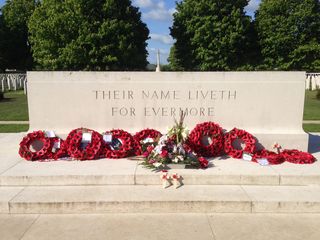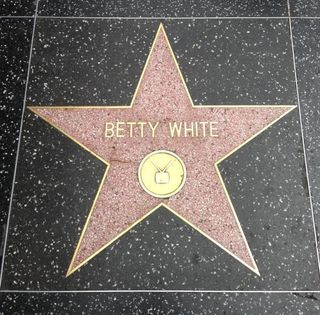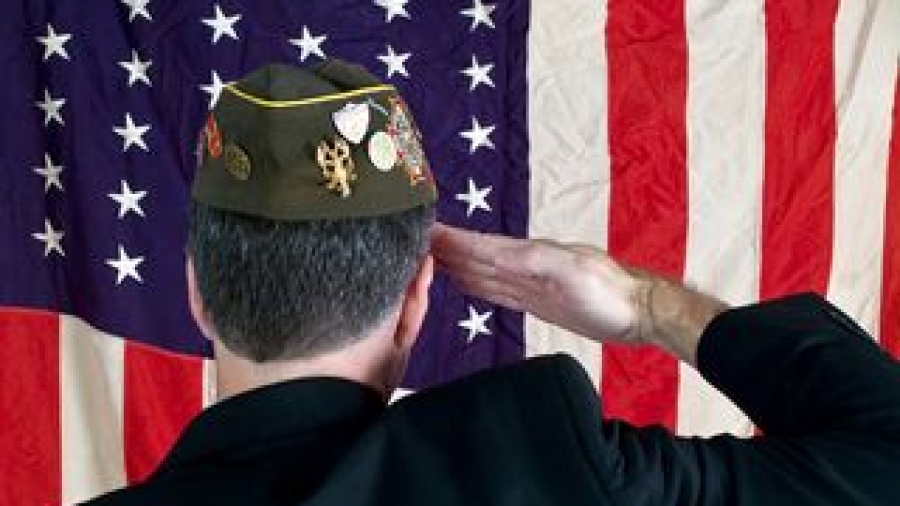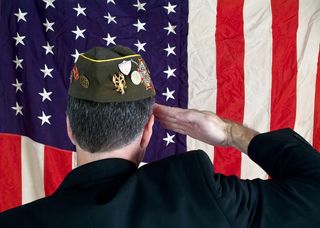You gathered all the necessary supporting documents. You confirmed that your clients meets the income and asset eligibility limitations. You completed all the forms. You obtained all the necessary signatures. You have dotted every “i” and crossed every “t”. You have filed your fully-developed VA claim with the appropriate pension center and have confirmed receipt. Now you just sit back and wait for the approval letter and your client’s praises to rain down on you right? Most of the time, yes, but not always. It can be discouraging when you get a denial letter, especially when you know the claimant is eligible and should have been approved.
 What’s the next step? First, read the reason given for the denial and determine whether it is accurate. Denials may be due to an error in adjudication, but they can also be legitimate denials based on unknown, additional income and/or assets. Once you determine that a denial is, in fact, in error, then an appeal is warranted even if they are notoriously lengthy ordeals stretching into 2 – 4 years. The first level of appeal in VA parlance is known as a Notice of Disagreement (NOD). You have one year from the date of the decision letter to file a notice of disagreement. There is no particular form for the NOD; a letter or filing VA Form 21-4138, Statement in Support of Claim, declaring that you are filing an NOD is sufficient.
What’s the next step? First, read the reason given for the denial and determine whether it is accurate. Denials may be due to an error in adjudication, but they can also be legitimate denials based on unknown, additional income and/or assets. Once you determine that a denial is, in fact, in error, then an appeal is warranted even if they are notoriously lengthy ordeals stretching into 2 – 4 years. The first level of appeal in VA parlance is known as a Notice of Disagreement (NOD). You have one year from the date of the decision letter to file a notice of disagreement. There is no particular form for the NOD; a letter or filing VA Form 21-4138, Statement in Support of Claim, declaring that you are filing an NOD is sufficient.
There is however another, lesser-known step before the NOD and this is a Request for Reconsideration (RFR). A request for reconsideration involves new evidence or perhaps evidence already submitted but not considered by the VA. The objective is for the pension center to re-open the decided claim and reconsider their decision in the light of this new evidence. RFRs are generally processed much quicker than appeals as they stay in the pension center where the claim was originally adjudicated. Again, there is no particular form that is used for the RFR. A letter or statement on VA Form 21-4138 can be submitted requesting reconsideration along with the additional evidence that you would like the VA to reconsider. However the disadvantage of the RFR, is that if it does take more than a year for reconsideration, you miss the window of opportunity for filing the appeal. For this reason Victoria Collier, CELA, and co-founder of Lawyers With Purpose, recommends filing a statement that includes both an NOD and an RFR. Best case scenario: Your claim is reconsidered and corrected within a relatively quicker time frame. Worst case scenario: the NOD begins the appeal process. More details regarding the appeals process will be provided in a future blog titled, “VA Application DENIED – How You Should Appeal”.
Appeals take a while, but they are worth it when you have a legitimate claim. A recent example from The Elder & Disability Law Firm of Victoria L. Collier, PC makes this clear. The claimant in this case was a married vet who was approved for VA Improved Pension, but for less money than expected and warranted due to his deductible medical expenses. We filed a Notice of Disagreement and a Request for Reconsideration on September 13, 2011. The award, granting all benefits sought on appeal, was dated February 6, 2015 – more than 3 years later. A happy ending despite the time and trouble that the appeal can take.
If you want to learn more about VA Benefits Planning to build or enhance your existing estate or elder law practice join us for 2.5 days and learn all you need to know about Asset Protection, Medicaid & VA at our Practice With Purpose Program. If you practice in today's estate panning environment, you do not want to miss this!
Join some of your most successful and forward-thinking peers from around the country at this program where we will discuss, discover, and provide solutions for Asset Protection, Medicaid & VA Benefits Planning.
Victoria L. Collier, Veteran of the United States Air Force, 1989-1995 and United States Army Reserves, 2001-2004. Victoria is a Certified Elder Law Attorney through the National Elder Law Foundation, Chair, National Academy of Elder Law Attorney’s VA Task Force, Author of 47 Secret Veterans Benefits for Seniors, Author of Paying for Long Term Care: Financial Help for Wartime Veterans: The VA Aid & Attendance Benefit, Founder of The Elder & Disability Law Firm of Victoria L. Collier, PC, Co-Founder of Lawyers With Purpose, LLC.













